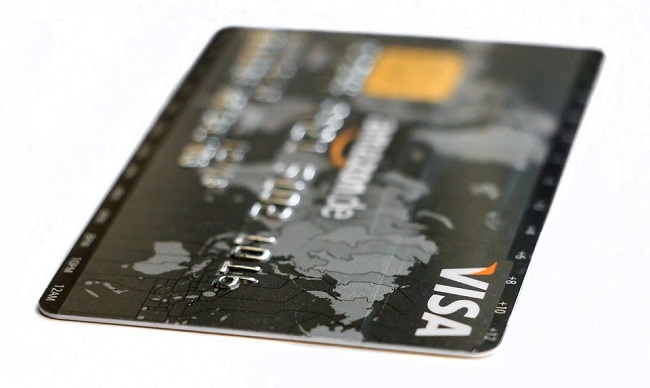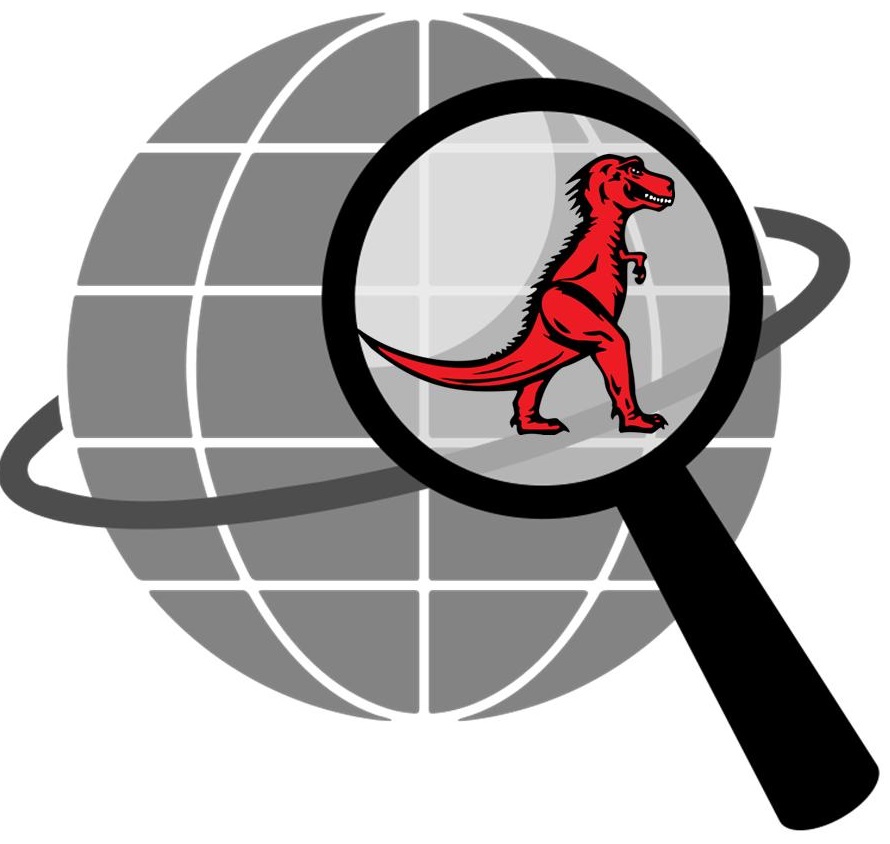This new opt-in feature is designed to boost security while decreasing the number of card declines.
U.S. Bank announced the adoption of geolocation technology to help improve the security of payment transactions for travelers. The idea is that a shopper can use his or her mobile phone to confirm his or her identity when using a credit card.
If a credit card purchase is made at a different location from that of the mobile device, it will be declined.
The concept of this use of geolocation technology is to stop transaction declines from happening unnecessarily. Instead, a traveler’s identity will be further confirmed by the presence of his or her mobile phone in the same location as the transaction. In this way, it stops a person who has stolen the card from being able to successfully complete a transaction. After all, if they grab the card – or card info – and run, they will be too far away from the actual cardholder to use it.
This avoids the dreaded auto-decline message some travelers get when they try to make a purchase that is out of sync with their typical buying patterns. That said, it’s important to note that this geolocation service is opt-in. It is not being automatically implemented for all U.S. Bank issued Visa cards.
Furthermore, this geolocation technology service is activated only by cardholders who are traveling.
 Purchases made closer to home will not qualify for this additional mobile security component for credit card transactions. The fraud prevention program is being released in waves.
Purchases made closer to home will not qualify for this additional mobile security component for credit card transactions. The fraud prevention program is being released in waves.
According to U.S. Bank’s Retail Payment Solutions division senior vice president and head of product and marketing, Clifford Cook, “We’ve all experienced that embarrassing moment when your credit card is declined at dinner while on vacation because the bank thinks you should be at home in Minneapolis, but you’re eating dinner in Seattle.” Cook explained that “When your phone is on and you’ve opted-in for geolocation, U.S. Bank can validate that the expense is legitimate and avoid customer frustration.”
To start, U.S. Bank FlexPerks Visa cardholders will be able to opt into the geolocation technology program when they travel. All they need to do is activate the feature using the FlexPerks mobile app.

 In order to take part in this service and contribute to its data, users can add the dedicated Android MozStumbler app from Mozilla into their devices. That app is behind the data collection, but it also has a gamified element that gives users the opportunity to enjoy the experience. In this game, they can either contribute anonymously, or they can compete against others on the leaderboard. According to Mozilla, the service is already experiencing a rapid evolution, but that there will soon be a more full featured experience that will be available to device users.
In order to take part in this service and contribute to its data, users can add the dedicated Android MozStumbler app from Mozilla into their devices. That app is behind the data collection, but it also has a gamified element that gives users the opportunity to enjoy the experience. In this game, they can either contribute anonymously, or they can compete against others on the leaderboard. According to Mozilla, the service is already experiencing a rapid evolution, but that there will soon be a more full featured experience that will be available to device users.